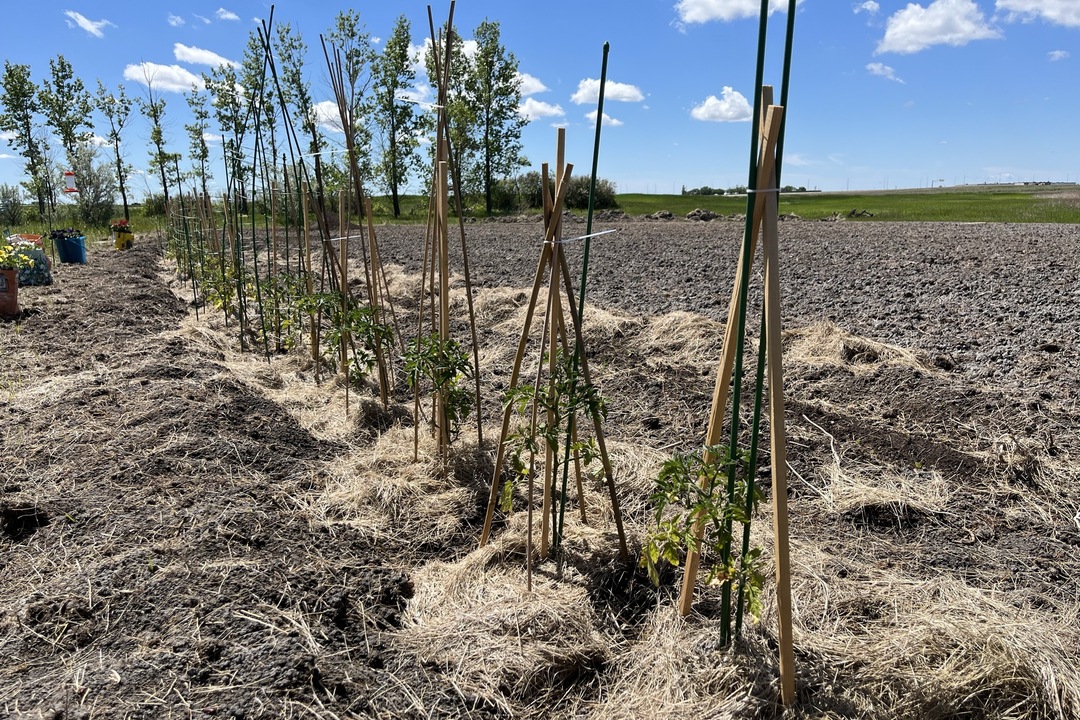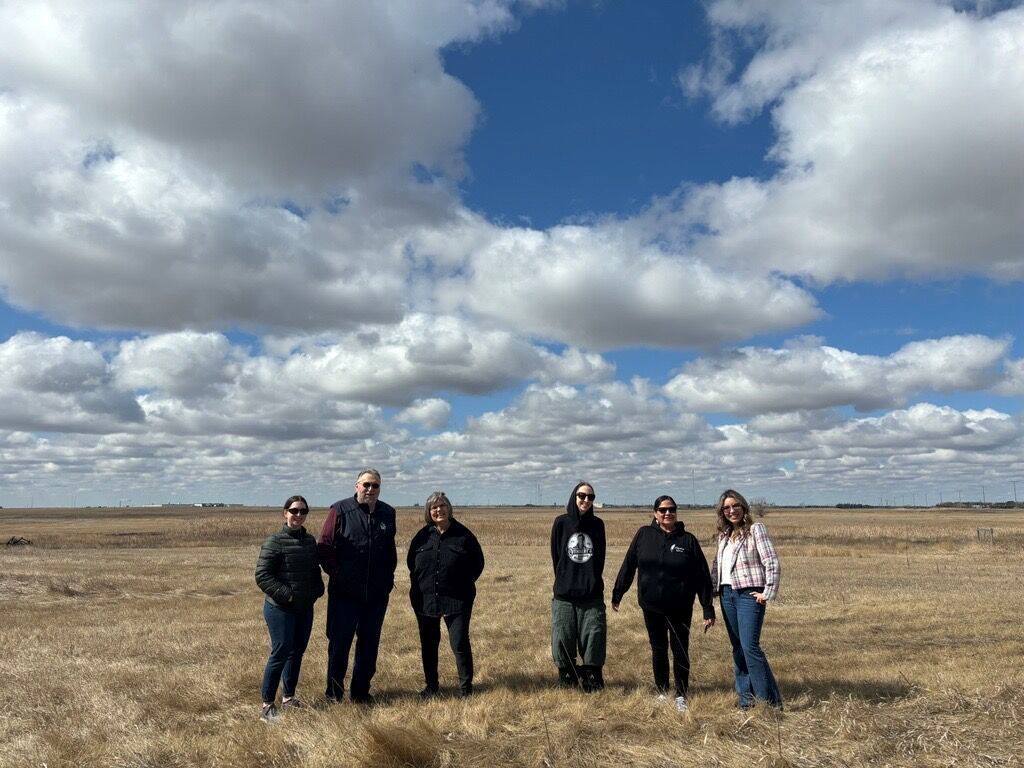Jul 3, 2024 “What do you think would be the first step in the right direction?” was the question that was posed in early March to Lester Henry, Ochapowace First Nation and Kehteyak committee member. The answer was an easy one, starting a community garden to “get our youths hands back in the dirt, working alongside our Elders and providing healthy produce for our own.” While a larger vision of a future greenhouse has been a strategic goal for Ochapowace, a garden project was the logical way to start that journey – one that starts with Ochapowace First Nation and NCIAF working together to make this dream a reality. Planning began with the help of the Government of Saskatchewan Horticultural Specialist, Connie Achtymichuk and lead gardener Val Kinistino, a Kehteyak member with a passion for gardening and spending time with Mother Earth. Val is especially passionate about engaging the youth, something she regularly does working with the Broadview Elementary school. “The children are some of the best gardeners,” Val shared in one of our first meetings. “There is always one or two that ask the best questions and can see the smallest details that are important to gardening. I love gardening with my grandson, he is always so excited to watch the bees doing their work to pollinate the flowers. Ochapowace Ketayak Community Garden for me, means building up a healthier, stronger & grounded nation. Ultimately it is the red road path to food security for the future generations. For our Nation as a whole, we have a great responsibility to take care of our Mother Earth & our sacred waters in our Treaty 4 Territories. Providing food sovereignty for our peoples is our responsibility. It is also our inherent right to have the tools & resources to work towards achieving this. Hunting, gathering & sharing gardening knowledge with our youth is great for our souls; as it is medicine for healing. We take these opportunities to learn from the younger generations. Together we are moving forward & planting the seeds for those yet unborn. Hiy Hiy Wahkotawin” With our expert team in place, we began in early April with a tour of the future site, which is located on reserve-owned land outside of Regina, SK. Leveraging Connie's extensive experience in starting large-scale gardens and her incredible knowledge in vegetable production, we devised a plan. Priority tasks included confirming supply and testing the quality of the water source, soil sampling, and making final decisions on the size and scale of the garden itself. These critical elements would determine the budget requirements, decisions on varieties to be seeded and as well as the labour required throughout the growing season. From the very beginning this garden project has grown and become a reality because of teamwork and partnership. As the Victoria Day Long weekend approached (a long standing gardening principle in Saskatchewan – do not plant before May long for risk of frost), grant applications were submitted as a team, summer student resources were requested with the help of the Band Education Director Nicole Bear, the large job of site clean up and garden prep was completed with the help of Regina Treaty/Status Indian Services (RTSIS) and the NCIAF team lending a hand to break ground on May 22nd. If growing a garden is a treasure trove of learnings and lessons, then starting a garden offers its own fair share as well. While the rain in May was welcomed, the extended precipitation compressed our timelines for proper soil preparation. Even though it's not advised to plant a garden before May long, Connie's steadfast reassurance that planting in the first week of June was acceptable given the varieties we had chosen to seed put our minds at ease. Luckily, we were graciously reminded of the generous spirit of farmers when a neighboring farmer offered to rototill the entire 50 x 100-foot garden. Despite each setback and lesson, the Ochapowace Community Garden has experienced more blessings than challenges. The most recent blessing was the approval of a $7,000 FCC Community Fund application. This was great news, as the highest need for funding is during seeding when tools are purchased and fuel is needed for tillage. On May 27th, Val, Lester, and several members of the Kehteyak Committee, along with Tristan Isaac, the Ochapowace Garden Youth Supervisor, and our NCIAF team, held a planting celebration that included a ceremony of prayer, drumming, and singing. Val and Tristan smudged the garden tools, seeds, and all corners of the garden in the four directions. Ochapowace elder Errol Kinistino reminisced about his childhood memories of his family garden. "Our mother and father grew a really nice, big garden back in Ochap First Nation. I remember how much work it was, but as a family it wasn't so big. We took turns hoeing the garden and then there was potatoes, turnips, cabbages, carrots, and celery. I remember [in] Residential school, one of the ladies said ‘Why are you here? You're here because you were starving at home, you didn't have food at home.’ That was so far from the truth because they would store that food in the basement of the house, and we would have garden produce all winter long. That was so good, especially turnips and peas together, with a little bit of love mom put in it. I never really seemed hungry at home, so when I thought about this lady, our supervisor at school, I thought she really doesn't know anything about what we do at home. Now the garden is part of our life; my dad, or my brothers, and sisters nurturing that garden as a community, family garden. That food was so good.” We look forward to share more on this project in upcoming newsletters and we wish the Ochapowace First Nation good growing conditions heading into summer. 
Bringing back our hands in Mother Earth: Ochapowace First Nations Community Garden

along with members of Saskatchewan Ministry of Agriculture and
Regina Treaty/Status Indian Services.
First Nation Community Garden Planting ceremony on May 27.
